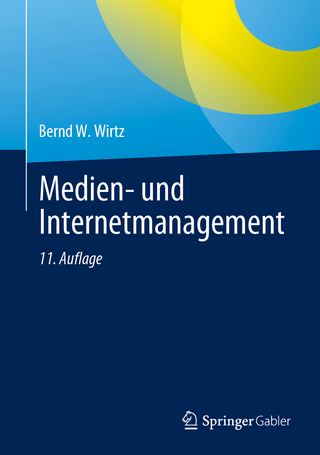
Where Ideas Go to Die
Oxford University Press Inc (Verlag)
978-0-19-086995-3 (ISBN)
Through analysis of media encounters with dissent since 9/11, McDevitt argues that journalism engages in a form of social control, routinely suppressing ideas that might offend audiences. McDevitt is not arguing that journalists are consciously or purposely controlling ideas, but rather that resentment of intellectuals and suspicion of intellect are latent in journalism and that such sentiment manifests in the stories journalists choose to tell, or not to tell. In their commodification of knowledge, journalists will, for example, "clarify" ideas to distill deviance; dismiss nuance as untranslatable; and funnel productive ideas into static, partisan binaries. Anti-intellectualism is not unique to American media. Yet, McDevitt argues that it is intertwined with the nation's cultural history, and consequently baked into the professional training that occurs in classrooms and newsrooms. He offers both a critique of our nation's media system and a way forward, to a media landscape in which journalists recognize the prevalence of anti-intellectualism and take steps to avoid it, and in which journalism is considered an intellectual profession.
Michael McDevitt is Professor of Journalism and Media Studies in the College of Media, Communication and Information at the University of Colorado. He previously worked as a reporter and editorial writer for newspapers in the San Francisco Bay Area.
Preface
Introduction
1 Journalism and Intellect: A Vexed Relationship
Part I: News Media and Democratic Decline
2 Peopling of the Journalistic Imagination: Four Kinds of Anti-intellectualism
3 Eclipse of Reflexivity in the Rise of Trump
Part II: Social Control of Intellect
4 The Academic-Media Nexus
5 Policing of Intellectual Transgressions: News as a Recursive Regime
6 Social Drama at Macro and Micro Levels: The Fractal Control of Dissent
7 Deviant in Residence: Idea Rendering and Repair in the Parochial Press
Part III: Education and Reform
8 Closing of the Journalism Mind: Anti-intellectualism among College Students
9 In My Buggy: How Dangerous Professors Seed Intellect in a Hybrid Field
10 What Intellectual Journalism Would Look Like
Appendix
| Erscheinungsdatum | 03.01.2020 |
|---|---|
| Verlagsort | New York |
| Sprache | englisch |
| Maße | 241 x 159 mm |
| Gewicht | 513 g |
| Themenwelt | Sozialwissenschaften ► Kommunikation / Medien ► Journalistik |
| Sozialwissenschaften ► Kommunikation / Medien ► Kommunikationswissenschaft | |
| Sozialwissenschaften ► Politik / Verwaltung | |
| ISBN-10 | 0-19-086995-X / 019086995X |
| ISBN-13 | 978-0-19-086995-3 / 9780190869953 |
| Zustand | Neuware |
| Haben Sie eine Frage zum Produkt? |
aus dem Bereich


